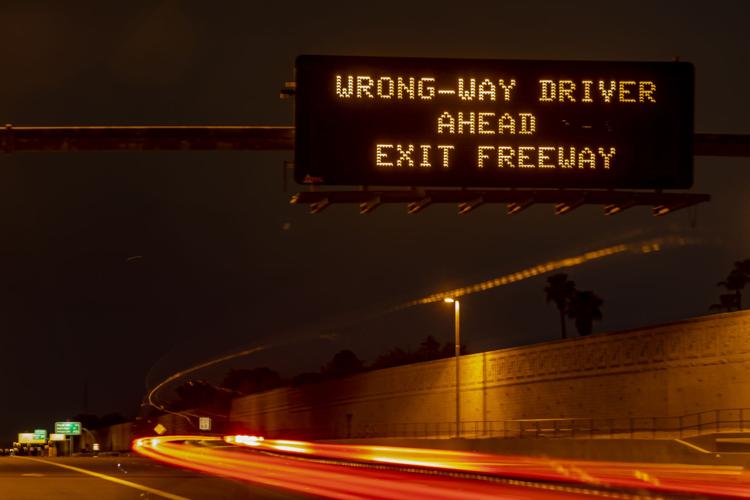The Arizona Department of Transportation is in the early process of exploring partnerships that would lead to broadband conduit being installed along three interstate routes.
The department is following an initiative from Gov. Doug Ducey who announced in January that $50 million in funding would help achieve 500 miles of broadband lines and fiber optic cabling along highway segments in rural areas of Arizona.
Ducey said these “Smart Highway Corridors” will “improve highway safety while providing future high-speed internet capacity for smart infrastructure projects in Arizona’s rural and tribal areas.”
To start, the installation would affect Interstate 19 between Tucson and Nogales; Interstate 17 between Sunset Point and Flagstaff; and Interstate 40 between the Arizona-New Mexico and Arizona-California borders.
The plan is for the I-17 construction to start in January 2021 and be completed in February 2022. For I-19, construction is expected to start in April 2021 and be completed in December 2021. There is currently no timetable for I-40, ADOT said.
A few of the things that happen on Tucson summer days.
“By putting that conduit in, it will hopefully allow local internet providers to provide high-speed internet to their communities by tapping into that line along the interstates there,” said Ryan Harding, an ADOT spokesman. “It would absolutely make the rural areas of Arizona a better place to live and do business with more access to high-speed internet.”
Through public-private partnerships, which ADOT defines as working with a single, private partner across all stages of the project, officials could complete this initiative faster and with lower costs. A private partner would have more incentive to do so when responsible for operations and maintenance.
It’s why ADOT and Arizona Commerce Authority are encouraging interested industry firms and other stakeholders to respond with information about business plans, partnership methods and how the state can best expand broadband connectivity. The department is accepting submissions until 2 p.m. Aug. 17. These insights will help them generate a request for proposal for the projects.
“It would serve multiple purposes and not just giving rural communities high-speed internet access, but it would allow ADOT to implement more technology like overhead message signs, traffic cameras, weather stations and wrongly driving detection technology,” Harding said.
All of the information from the systems installed would not only alert drivers on the road, but more real-time road conditions could be relayed to help motorists plan their trips through ADOT’s 511 mobile application.
The broadband conduit is already installed along parts of I-10 between Phoenix and Tucson and is supplying connections for ADOT’s dust detection warning system in the Eloy area that went online in June.
Currently, ADOT has completed 129 miles of broadband out of the 1,169 total interstate miles it covers.
Arizona officials believe the initiative moves these areas to a better place now and could set them up for future technological innovations, including connected and automated vehicles.
“Right now, there’s a lot of companies out there that are testing the technology, and ADOT is partnering with them in the sense of kind of looking over their shoulder, learning what they’re doing, what works and what doesn’t work,” Harding said.
“One day when this kind of stuff really gets implemented and it takes off, we’ll be better positioned for any adjustments that we may need to make for the highway infrastructure to accommodate that.”
Down the Road
Overnight closures for I-19 ramp in Nogales: The southbound I-19 off-ramp to Mariposa Road, known as Arizona 189, will be closed Tuesday and Wednesday nights from 8 p.m. to 6 a.m. because of drilling work.
Northbound motorists on SR 189 should use Grand Avenue as a detour, and southbound motorists can remain on Mariposa Road.
Motorists should use caution and watch for crews in the area.






